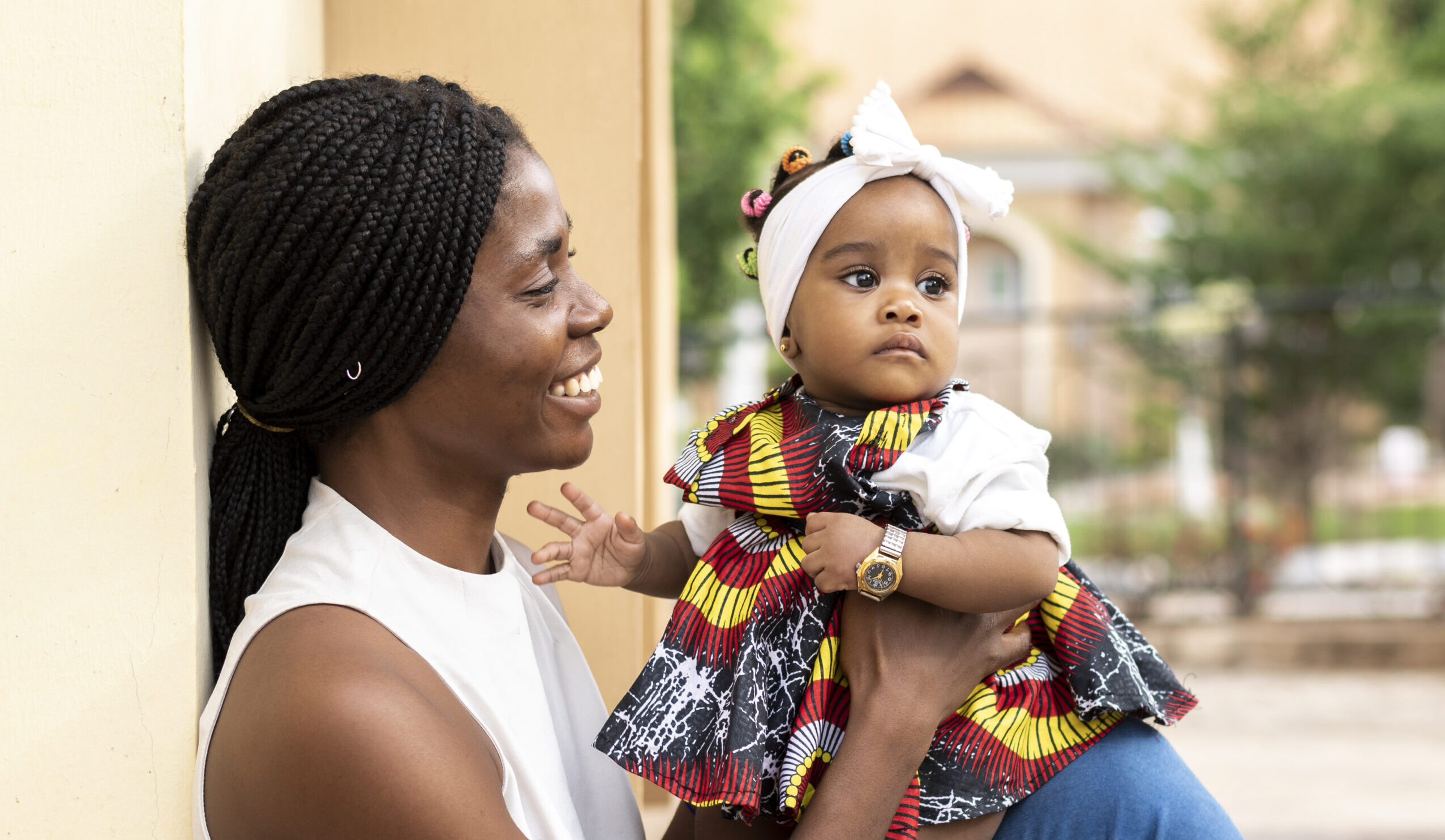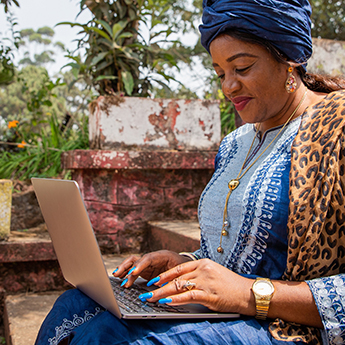
Updates from the Secretariat
March 17, 2025
Dear colleagues,
As we head into the week it’s been remarkable to see how our community is collaborating and innovating to ensure ongoing access to family planning during the COVID-19 pandemic. The urgency of this amazing response comes even as UNFPA shared a sobering analysis of the potential impact of COVID-19 on family planning, violence against women, and child marriage. According to UNFPA’s analysis, six months of lockdown – including the closure of clinics, the disruption of the contraceptive supply chain, and the inability of women to travel for care – could result in 47 million women without access to modern contraceptives, leading to approximately 7 million unintended pregnancies.
This is why the advocacy, coordination, and innovation that we’re hearing about is so important. The experiences and resources we’re sharing will help us to better get ahead of or respond to this disruption. IAWG is hosting a series of conversations with those on the frontlines of reproductive health care during the pandemic, beginning May 5. WHO, FP2020 and the International Youth Association for Family Planning will be hosting a live Q&A with youth (in English and French) to discuss how the pandemic is affecting young people and their access to reproductive health care, as well as how they are organizing to be part of the pandemic response.
I hope you will also be a part of the conversation and tell us how you’re working to ensure access to family planning during the pandemic! Create a short video and post It to social media with the hashtag #FPinCOVIDresponse. You can find additional resources and learn more about our campaign here.
Warmly,
Beth Schlachter.
COUNTRY SPOTLIGHT: MALAWI
YOUNG PEOPLE IN MALAWI EXPLAIN HOW THEIR SEXUAL AND REPRODUCTIVE RIGHTS ARE IMPACTED BY COVID-19
Phalombe Youth Arms Organization, a Rapid Response Mechanism grantee, produced this short documentary to explain how COVID-19 is impacting young people’s access to family planning services, and limiting their sexual and reproductive rights.
WATCH THE VIDEO
LATEST RESOURCES
SEE ALL RESOURCES & SUBMIT YOUR OWN
Breakthrough ACTION & USAID: Guidance on Social and Behavior Change for Family Planning During COVID-19
This short guide includes important considerations, messages, and resources to support country programs in adapting their FP/RH-focused programming in response to the challenges presented by COVID-19.
READ MORE
IAWG in The Lancet: Not a luxury: a call to maintain sexual and reproductive health in humanitarian and fragile settings during the COVID-19 pandemic
Experiences from past epidemics has shown discontinuing healthcare services deemed unrelated to epidemic response resulted in more deaths than did the epidemic itself. Issues related to sexual and reproductive health are among the leading causes of mortality and morbidity among women of childbearing age, with countries affected by fragility and crisis accounting for 61% of maternal deaths worldwide. These services cannot be overlooked in pandemic response.
READ MORE
UNFPA: Millions more cases of violence, child marriage, female genital mutilation, unintended pregnancy expected due to the COVID-19 pandemic
The COVID-19 pandemic will only intensify pressures on already-constrained public health budgets. Low- and middle-income country governments must grapple with how to address the direct health impacts of COVID-19, minimize the indirect health effects of the pandemic on essential health services including family planning, protect health workers at the frontline, and cushion the blow from the associated economic and social shock. At the same time, these countries will likely see economic growth grind to a halt, government revenues shrink, and debt levels increase—placing significant competing asks on limited public resources. Find out more in an analysis of three country’s paths through the pandemic so far.
READ MORE
Center for Global Development: Examining Uncertainties in Global Health Aid through the Lens of Family Planning: A Tale of Three Countries in Three Figures
The economic and physical disruptions caused by COVID-19 could have vast consequences for the rights and health of women and girls, a new analysis by UNFPA and partners shows.
READ MORE
MSI: Guidance for Personal Protective Equipment (PPE)
MSI originally developed and released this guidance for service providers working in post-abortion care, however, the messages and guidelines will be helpful for those working across the sexual and reproductive health spectrum, and frontline healthcare workers more broadly.
READ MORE
LOOKING AHEAD
Frontline in Focus Webinar Series
Inter-Agency Working Group on Reproductive Health in Crises
Dates available at link
Register
Impact of Social Norms on Family Planning Use in Francophone Africa
Breakthrough Action, FP2020, and OPCU
May 6, 8:30-12:30
Register (must be a springboard member)
Harnessing the total market approach for contraception
USAID and SHOPS Plus
May 7, 9-10am
Register








